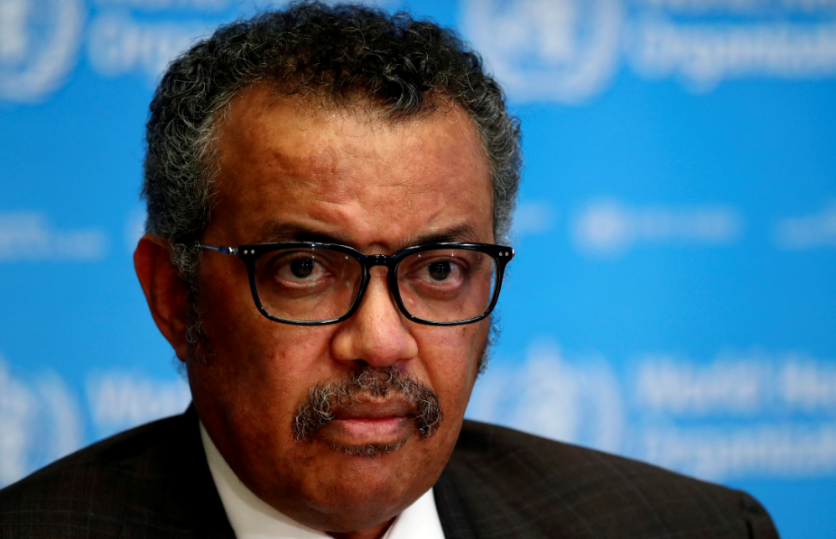The British coronavirus trial of the anti-malaria drug hydroxychloroquine will continue despite studies of the drug being suspended by the World Health Organization (WHO) due to concerns that it may raise the risk of deaths globally.
Oxford University was given the green light by UK drug watchdogs to keep going and continue handing out the medication to NHS patients who with the coronavirus.

Oxford's Hydroxychloroquine trials to continue despite suspension from WHO; Concerns about the drug were addressed in a recently published scientific paper
In several studies, Hydroxychloroquine was linked to a higher mortality rate and heart problems in severely sick coronavirus patients. This report prompted the WHO to halt its globy study of the anti-malaria drug on Monday, May 25.
According to reports from The Daily Mail, "The UK's Medicines and Healthcare products Regulatory Agency (MHRA) said it 'did not see any safety concerns' with the Recovery Trial, which is investigating the effect of five promising treatments on COVID-19 patients with moderate to severe illness, including hydroxychloroquine. More than 10,500 COVID-19 NHS patients are taking part in the Randomised Evaluation of COV-id19 thERapY (RECOVERY) trial at hundreds of hospitals around the UK. "
The journal The Lancet took a look at more than 96,000 hospitalized patients with COVID-19 and discovered that people who were treated with the drug had a higher risk of dying and of having heart complications than those who were not prescribed the medication. However, this was only given to those who were severely ill and were already at high risk in the first place.
Two other human trials led by Oxford was stopped as well
Peter Horby, a professor of emerging infectious disease and global health in Oxford said that since Recovery patients are actually randomized, their data has been less vulnerable to the biases that plague their studies which use routine care data.
"An independent committee has looked at our data and did not see any safety concerns. We discussed our findings with (the) Medicines and Healthcare products Regulatory Authority (MHRA), who have agreed with our interpretation that the data provide reassurance that continued enrolment into the hydroxychloroquine arm is safe and that we should press ahead with getting a reliable answer on hydroxychloroquine through the Recovery trial." Horby added.
However, the Medicines and Healthcare products Regulatory Authority has temporarily halted recruitment for the COPCOV trial which is a separate study in Oxford that is currently being led alongside Brighton University.
COPCOV is a global study that investigates whether anti-malaria drugs can prevent coronavirus infections. Hydroxychloroquine will continue to be given to more than 40,000 frontline medical workers in South America, Asia, Africa, and Europe.
ⓒ 2025 TECHTIMES.com All rights reserved. Do not reproduce without permission.




